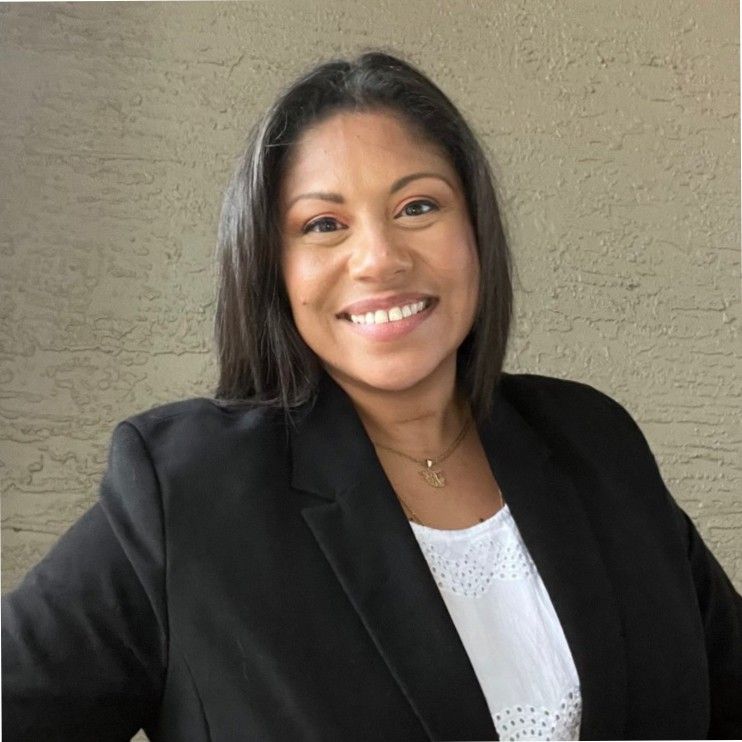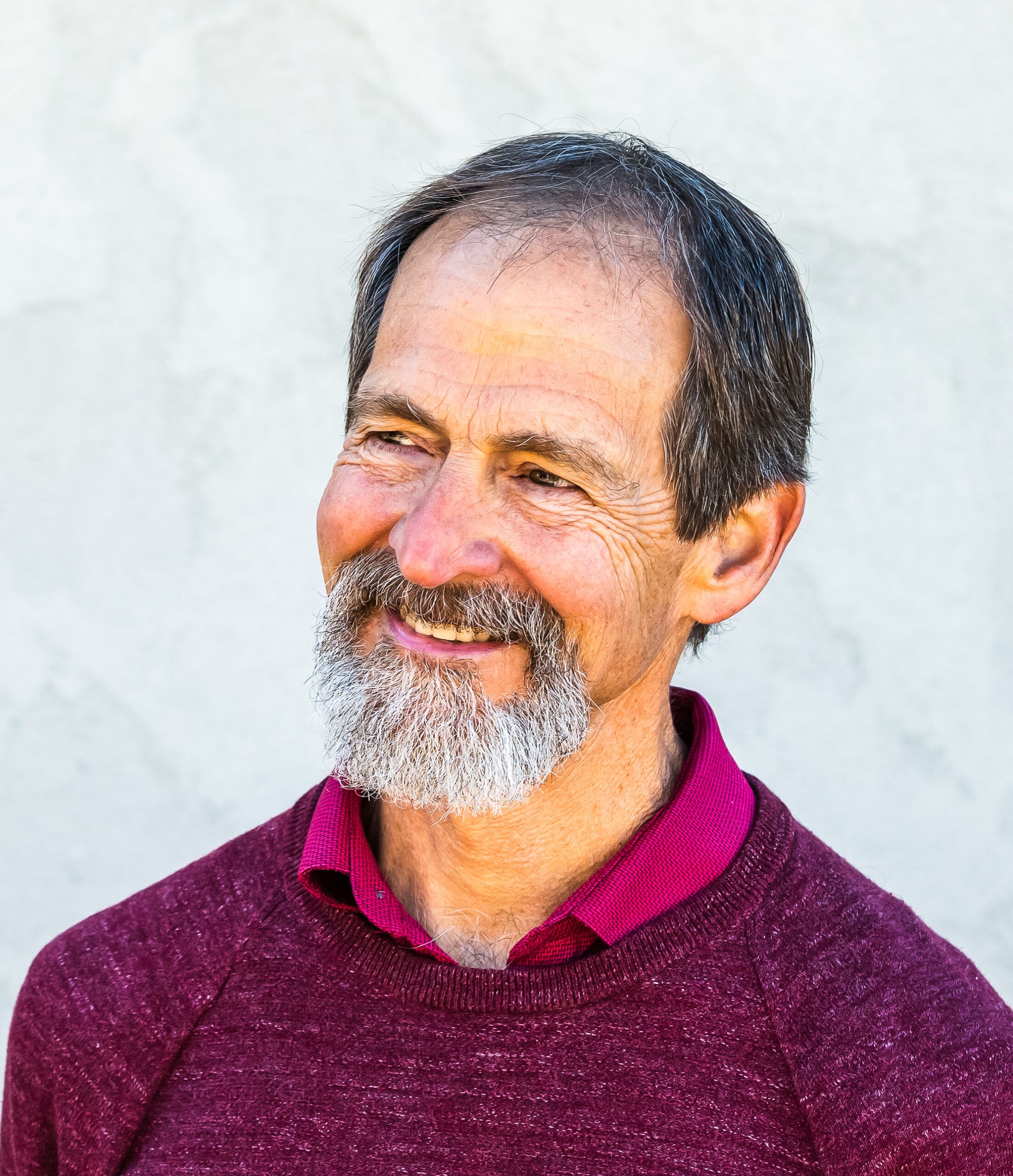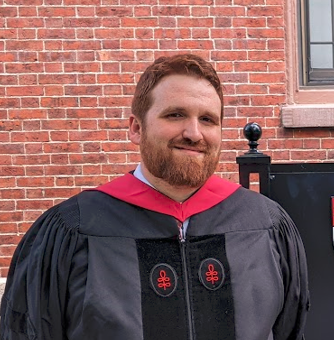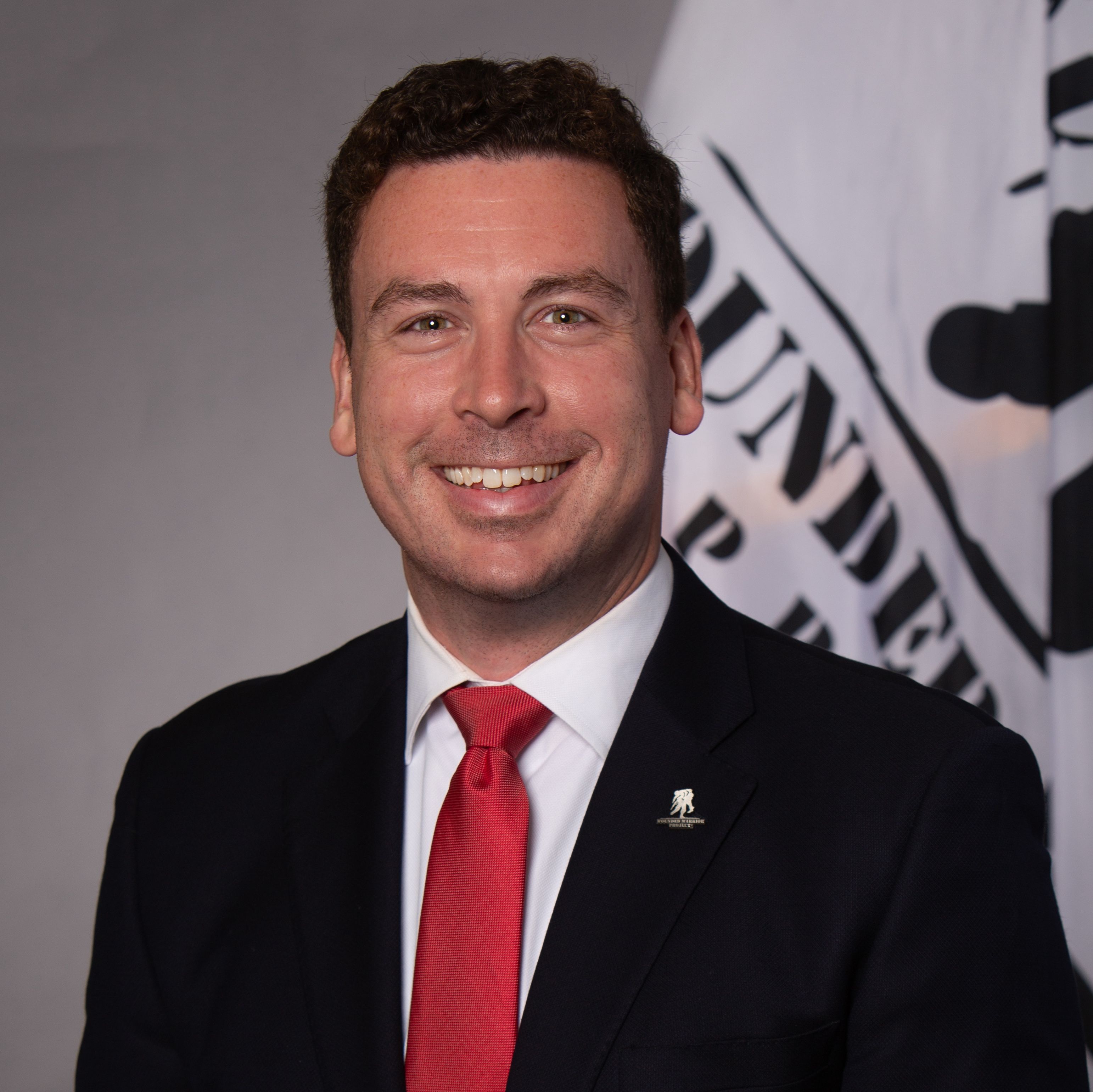- Center on Health Equity & Access
- Clinical
- Health Care Cost
- Health Care Delivery
- Insurance
- Policy
- Technology
- Value-Based Care
Following FDA Rejection, Experts Discuss MDMA Therapy, Improving Care for Veterans With PTSD
The FDA's decision to reject midomafetamine (MDMA) capsules in combination with assisted psychotherapy (MDMA-AT) for adults with PTSD reignited the controversial conversation around investigative psychedelic therapy.
The FDA's decision to reject midomafetamine (MDMA) capsules in combination with assisted psychotherapy (MDMA-AT) for adults with posttraumatic stress disorder (PTSD) reignited the controversial conversation around investigative psychedelic therapy.
With the potential to revolutionize treatment for those who have struggled with trauma, those in veteran communities, mental health advocates, and psychedelic researchers were hopeful for approval from the agency.1 However, due to the investigative nature of this therapeutic approach, many also voiced concerns and urged for additional investigation and evidence, which was ultimately the recommendation that came with the FDA’s decision to reject the therapy.
The agency concluded that while the data submitted by Lykos Therapeutics demonstrated efficacy, the pair of phase 3 datasets were insufficient to approve the treatment.2 With the complete response letter, the FDA recommended conducting another phase 3 study to further evaluate the therapy's efficacy and safety.
Lykos Therapeutics, the company behind MDMA-AT, expressed disappointment in the FDA's decision. Amy Emerson, CEO of Lykos Therapeutics, emphasized the setback this decision represents for millions of Americans with PTSD who have seen little advancement in treatment options for over 2 decades. "The FDA's request for another study is not just disappointing for those who have dedicated their lives to this pioneering effort, but also for the millions of Americans with PTSD and their loved ones," Emerson said in a statement.
Addressing Barriers to PTSD Treatment for Veterans
Naomi Mathis, the assistant national legislative director for Disabled American Veterans (DAV) and an Air Force veteran, offered her perspective on the challenges veterans with PTSD encounter when seeking treatment. Having served 7 years in the Air Force with 3 deployments, Mathis understands the debilitating effects of PTSD firsthand.
Naomi Mathis, Disabled American Veterans
Image Credit: LinkedIn

"When I first noticed symptoms of PTSD, I felt like I was in a body that I didn't belong in, in a time and space that I didn't belong in," Mathis shared in an interview with The American Journal of Managed Care® (AJMC®). She explained this sense of disorientation is common among veterans, complicating the recognition and diagnosis of PTSD. Peer support, particularly in rural areas, is often lacking, making it even more challenging for veterans to access the care they need.
Veterans in rural areas face difficulty in accessing specialized mental health care. "Attracting that talent within VA is difficult," she explained, noting that these veterans often rely on community care providers who may lack the necessary military competency. This gap in care can lead to veterans falling through the cracks, unable to receive the support they desperately need.
Reflecting on the potential of MDMA-assisted therapy, Mathis explained that when she struggled with treatment-resistant PTSD, she wished she had known about this treatment earlier. "I wish I would have known that there was something else out there, like MDMA-AT," she said. The promising research surrounding this therapy has intrigued her, offering a potential breakthrough for veterans who have not found relief through traditional treatments.
As DAV continues to advocate for veterans, Mathis emphasized the importance of supporting research into psychedelic-assisted therapies. The organization's commitment to this cause is clear, with a resolution calling for the VA to conduct research on the efficacy and safety of psychedelics in treating PTSD and other mental health conditions.
Advocating for Psychedelic Therapy
Brett Waters, co-founder of Reason for Hope and the Veteran Mental Health Leadership Coalition, has been a passionate advocate for safe and equitable access to psychedelic therapies. Like Mathis, this work is deeply personal for Waters—Reason for Hope was founded in memory of his mother, who died by suicide in 2018.
Brett Waters, Reason for Hope

Waters expanded on the barriers this population deals with when seeking care. Currently, only 2 FDA-approved medications exist for PTSD, both of which are SSRIs. These medications require daily use and often come with severe side effects, leading to high rates of non-adherence and exacerbating symptoms. Waters argued that novel treatments like MDMA-assisted therapy are urgently needed, offering an alternative with rapid-acting, robust, and durable effects.
"A truly novel treatment option like this is really just desperately needed by a lot of long-struggling individuals who, like myself, were frustrated or didn't benefit from current treatments and, in many cases, experienced brutal side effects," Waters said in an interview with AJMC. "And this is a way for a lot of people, at least hopefully, to be able to get away from the need for chronic daily medication."
Reason for Hope will continue its ongoing efforts to make MDMA-AT accessible for those who need it. The potential of MDMA-assisted therapy to revolutionize PTSD treatment is clear, but Waters acknowledges that the initial rollout will be slow and resource-intensive. He stresses the need for government investment in research, therapist training, and infrastructure to make this treatment accessible to as many people as possible.
“We are incredibly disappointed that the FDA made the wrong decision in the face of such an urgent need and clear demand from the veteran community and others suffering from PTSD," Waters said. "Delay is only going to lead to more unnecessary suffering and lives lost... We're going to continue working tirelessly to help get this over the finish line, because there are far too many people who are going to continue suffering, and unfortunately, too many lives that are going to be lost in the interim.”
MAPP Investigator Perspective on the Data and Controversies
The rejection of MDMA-assisted therapy by the FDA has not been without controversy. Scott Shannon, MD, MAPP1/2 study investigator, CEO of the Board of Psychedelic Medicine and Therapies, and founder of Wholeness Center in psychedelic-assisted therapy, explained the therapy offers unprecedented effectiveness, with an effect size of 0.91 compared with the clinically trivial effect sizes of SSRIs.3,4 This data positions MDMA-assisted therapy as a potentially groundbreaking treatment, yet the independent FDA advisory committee's evaluation, which preceded the agency’s decision, raised concerns about functional unblinding and prior MDMA experience among study participants.
Scott Shannon, MD, Wholeness Center
Image Credit: Wholeness Center

“With MDMA-assisted therapy, we have an intervention that is roughly 4 times as potent as any existing medication treatment option for PTSD,” Shannon said in an interview. “Our effect size was 0.91, and the effect size for SSRIs is, according to 2 different studies, 0.23 or 0.28, both of which are relatively poor in terms of effect sizes, or considered a small effect size, which is almost trivial clinically.”
Biases and external pressures may have influenced the FDA advisory committee's evaluation, according to Shannon, who called for a more informed and unbiased approach to psychedelic research. The controversies surrounding MDMA-assisted therapy underscore the challenges of integrating novel treatments into the existing mental health framework.
“I'm deeply disturbed by the FDA’s unwillingness to look at the data carefully and to have people who are equipped to assess the science make this decision and recommendation,” he said. “I would urge the FDA to create a new division of psychedelic medicine so that we don't lose out on this important avenue of research which has the potential to transform mental health care at a time when we’re deeply mired in crisis and ineffective treatments.”
A Faith-Based Perspective on PTSD Treatment and the Psychedelic Industry
Reverend Joe Welker, a former chaplain intern at a VA hospital who’s been involved in the realm of psychedelic science and spoke during the FDA advisory committee public hearing,5 shared his perspective on the challenges of PTSD treatment and the ethical concerns within the psychedelic research community.
Joe Welker, East Craftsbury Presbyterian Church
Image Credit: East Craftsbury Presbyterian Church

“I know existing treatments are often insufficient and affordable access is a challenge even when treatments are effective,” Welker stated in an email to AJMC. “PTSD symptoms in and of themselves can exacerbate many hidden issues in navigating bureaucracies and self-advocacy, which is a further tragedy.”
He raised concerns about the ethical implications of psychedelic research, particularly studies that seek to influence religious institutions.
“The FDA decision on Lykos' MDMA application is bittersweet at best, especially for those who do need treatment for treatment-resistant PTSD. The decision is also entirely justified, and I believe it is the right one,” Welker wrote.
His experience working with individuals who have tried this treatment approach revealed potential conflicts of interest in the development of psychedelic therapies, emphasizing the need for rigorous ethical standards in this emerging field.
“There are many ways faith-based groups can and already are, influencing the psychedelic discussion. I would say it is unhelpful to completely stonewall and foreclose the idea that any healing can ever come from psychedelics, but it is also unhelpful to align with the psychedelic industry,” he wrote.
He delves into the details of the relationship between faith-based communities and psychedelic medicine in an 8-part series.6 In part 2, he challenges the notions of scientific neutrality and questions whether a long-term strategy to advance psychedelic spirituality to influence cultural change is an abuse of science.
“The industry was born out of an evangelistic movement that still has embedded subtle (and not-so-subtle) spiritual agendas,” Welker told AJMC. “Sometimes, this has been attempting to manipulate religious people and institutions for access and acceptance while hiding negative information. I personally think communities of faith should be thinking more critically about psychedelics, listening to the plethora of voices that have had negative experiences, abuses, and have left psychedelics behind.”
Wounded Warrior Project: Commitment to Veteran Mental Health
“Veterans deserve the highest quality, cutting-edge, evidence-based treatment available,” Brian Dempsey, government affairs director at the Wounded Warrior Project, said in an email to AJMC. “At the broadest level, approval would represent one of the most significant developments in mental health care in recent history considering the last approved medication for PTSD dates to 1999.”
Brian Dempsey, Wounded Warrior Project
Image Credit: Wounded Warrior Project

Dempsey believes addressing this gap in health care requires collaboration among the community of patients, providers, manufacturers, and advocates to ensure that veterans have access to clear and reliable information as other psychedelic products and therapies come to the treatment market. He further emphasized the need for clarity and discussion of the impact psychedelic therapies can have on patients, specifically related to employment.
“Dozens of companies are developing treatment modalities using psilocybin, LSD, ibogaine, and other substances and are progressing through various stages of development,” he wrote. “Patient (or veteran) education is vital to differentiate these various drug treatments, the potential health impacts, and delivery methods.”
As veterans increasingly turn to the private sector for treatment, the push for interstate compacts like PSYPACT becomes crucial to replicating the VA's cross-state practice and telehealth capabilities, he explained.
“Almost 2 million veterans received some sort of mental health care at VA in 2023, but ensuring those veterans receive the right care at the right time are critical factors in success,” Dempsey stated. “Long wait times are a more frequent complaint from warriors who’ve sought care through Wounded Warrior Project, so we continue to advocate for tools that will allow VA to recruit and retain talent.”
Ensuring that veterans have swift access to residential rehabilitation programs for severe substance use disorders and PTSD remains a top priority for the Wounded Warrior Project, which is committed to advocating for faster placement into care, whether through the VA or community-based options, to meet the urgent needs of these veterans.
“Emerging treatment modalities for PTSD, such as psychedelic-assisted therapies, have the potential to advance PTSD treatment from a 'one-size fits all approach,' which has been proven to not be effective for all, to an individualized model of care where the treatment plan is tailored to needs of each veteran and augmented based on symptomology and responsiveness to treatment," he wrote.
The Wounded Warrior Project established a Warrior Care Network in 2015 with 4 leading clinical partners and has invested nearly $336 million since 2015 to give warriors access to mental and brain health care that is faster and more effective than traditional treatments.
“MDMA-assisted psychotherapy for PTSD has shown great promise in multiple studies and is safe when used in clinical trials,” Dempsey explained. "...That said, the field still has fundamental questions to answer. Based on multiple factors like veteran demand, provider availability, and cost, VA will not be able to provide care to all who seek MDMA-assisted therapy should it receive FDA approval. While several VA locations are primed to provide this modality of treatment on a limited basis as potential psychedelic treatment centers, we know the need for treatment has the potential to overwhelm the system, further straining capacity."
Moving Forward, Focusing on Bridging Gaps in PTSD Care
As advocates, researchers, and veterans continue to push for innovative solutions, it is clear that the future of PTSD treatment will require a careful balance of rigorous research, ethical considerations, and a commitment to ensuring that all veterans receive the care they deserve. Regardless of when MDMA-assisted therapy is ultimately approved, the ongoing discussions surrounding its potential shed light on the urgent need for new approaches to addressing the mental health crisis facing veterans and others struggling with PTSD.
"We really hope scientists go back to the drawing board and get better data that is persuasive to the people who are making this decision," a spokesperson from Disabled American Veterans said to AJMC. "We're hopeful that the VA studies on these psychedelic compounds will produce additional evidence and that veterans are continuing to vote with their feet when it comes to getting the treatments that they deserve."
References
1. Grossi G. MDMA-assisted therapy receives a complete response letter from the FDA. AJMC. August 9, 2024. Accessed August 9, 2024. https://www.ajmc.com/view/mdma-assisted-therapy-receives-a-complete-response-letter-from-the-fda
2. Lykos Therapeutics announces complete response letter for midomafetamine capsules for PTSD. News Release. Lykos Therapeutics. August 9, 2024. Accessed August 9, 2024. https://news.lykospbc.com/2024-08-09-Lykos-Therapeutics-Announces-Complete-Response-Letter-for-Midomafetamine-Capsules-for-PTSD
3. Mitchell JM, Bogenschutz, M, Lilienstein A. et al. MDMA-assisted therapy for severe PTSD: a randomized, double-blind, placebo-controlled phase 3 study. Nat Med. 2021;27:1025–1033 (2021). doi:10.1038/s41591-021-01336-3
4. Mitchell JM, Ot'alora GM, van der Kolk B, et al. MDMA-assisted therapy for moderate to severe PTSD: a randomized, placebo-controlled phase 3 trial. Nat Med 2023;29:2473–2480. doi:10.1038/s41591-023-02565-4
5. Kunzmann K. FDA Psychopharmacologic Advisory Committee votes against supporting effectiveness of MDMA for PTSD. HCPLive. June 4, 2024. Accessed August 8, 2024. https://www.hcplive.com/view/live-updates-fda-psychopharmacologic-advisory-committee-meeting-mdma-ptsd
6. Welker J. The Religious Science of Johns Hopkins. Psychedelic Candor. August 2023. Accessed August 19, 2024. https://www.psychedeliccandor.org/p/the-religious-science-of-johns-hopkins-f60
